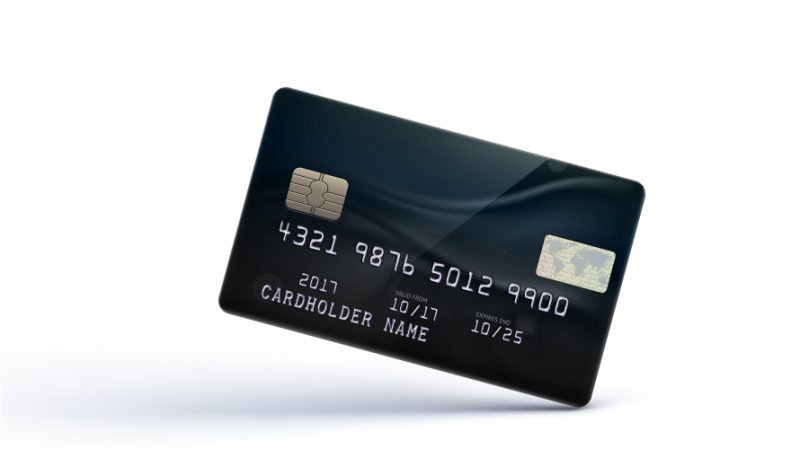Here are a few facts and numbers to show how big is credit card fraud:
- There were 1,686,121 reports of identity theft in 2021.
- Government documents or benefits fraud was the most common type of identity theft in 2021.
- The age group of 30 to 39 reported the most cases and attempts of identity theft. So if you are in it – heads up
- There were more than 1,860 data breaches in 2021, a 68% increase from 2020 and it’s an all-time peak.
- But the good news is that number of people affected by data breaches decreased from 2020, with 293M people impacted in 2021.
Traditionally the United States is the number one country for fraudsters. Close to 40% of fraudulent transactions and fraud attempts are reported by US cardholders.
Resource says that:
- eCommerce merchants in the US reported a 140% increase in fraud attacks since 2020. (source: LexisNexis)
- Roughly three-quarters of merchants who tracked criminal fraud trends noted an average increase in fraud incidents of more than 20% between 2018 and 2021. (source: 2021 Chargeback Field Report)
- US retailers see an average of 1,740 fraud attempts each month. Just over 50% of these attempts are successful. This makes 2021 the first year in which successful fraud attempts outnumbered failed attempts. (source: Creditcards.com)
- 7-10% of the US adult population falls victim to identity theft every year. As many as 80% of the US credit cards currently in circulation have been compromised. (source: DefineFinancial)
The sad fact is that according to Source Americans lost $80M as a result of a Cryptocurrency scam for only 6 months from Oct 2020 to March 2021 – it is a 1000% increase!
Identity theft remains the most common type of fraud (with a share of more than 30% of all reported fraud cases)
How to protect yourself from fraud, here are basic but most important rules:
- Do not share information. Any message or call with a request for your account number, ID, email ID, Bank name, Card number, or one-time password – is a red flag;
- Think:
- Did the caller tell you from which bank they are calling? In most cases, they will say it is a call from “your” bank
- Did you mention in any of your social media your bank name or anything that fraudsters could use?
- If it`s your bank – why do they need a one-time password that your bank sent you? They should have it
- In most cases such calls are coming from random mobile numbers rather than from landlines registered under your bank name;
- Act:
- Know that your bank would never ask for ANY kind of personal data;
- Never share one-time passwords, PIN, CVV2 with anyone – simple as that
- If you think your personal data was stolen – don’t wait – let your bank know about that;
- Read Finsmarta and stay safe!
